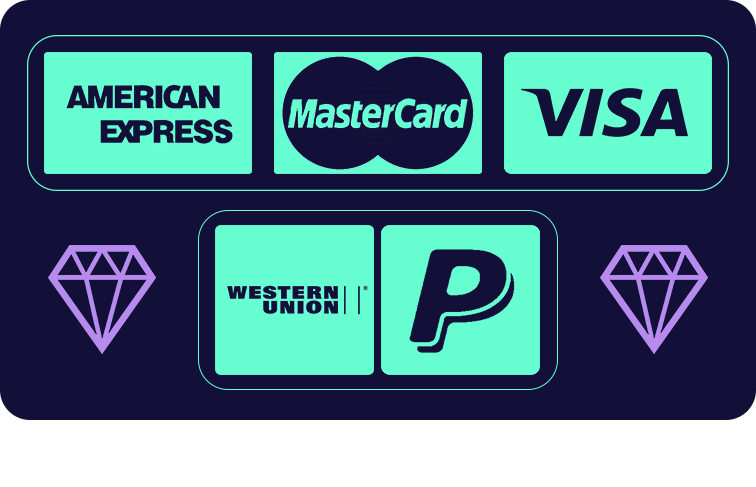In the world of online transactions, clone cards have become a common tool for fraudsters to steal money from unsuspecting victims. These cloned credit cards are created using stolen information from legitimate credit cards, allowing scammers to make unauthorized purchases and withdrawals. As a consumer, it is important to be aware of the risks associated with clone cards and take precautions to protect yourself from falling victim to such scams.
When it comes to purchasing clone cards, there are numerous online shops that offer these illegal products for sale. These shops sell a variety of cloned credit cards, including Visa, Mastercard, American Express, and more. In addition to cloned credit cards, these shops also offer hacked pin codes, CVV2, CVC2, and dumps cards, making it easy for scammers to access sensitive financial information.
One of the most popular methods for using clone cards is through online payment platforms such as PayPal. Scammers can easily link a cloned credit card to a PayPal account and make unauthorized purchases without the account holder's knowledge. Additionally, Western Union transfers are another common method used by fraudsters to transfer money using clone cards.
To protect yourself from falling victim to clone card scams, it is important to be vigilant when making online transactions. Avoid sharing your credit card information with unknown websites or individuals, and regularly monitor your bank statements for any unauthorized charges. If you suspect that your credit card information has been compromised, contact your bank immediately to report the issue and request a new card.
In conclusion, clone cards pose a serious threat to consumers' financial security. By understanding the risks associated with clone cards and taking precautions to protect yourself, you can avoid falling victim to these fraudulent schemes.

